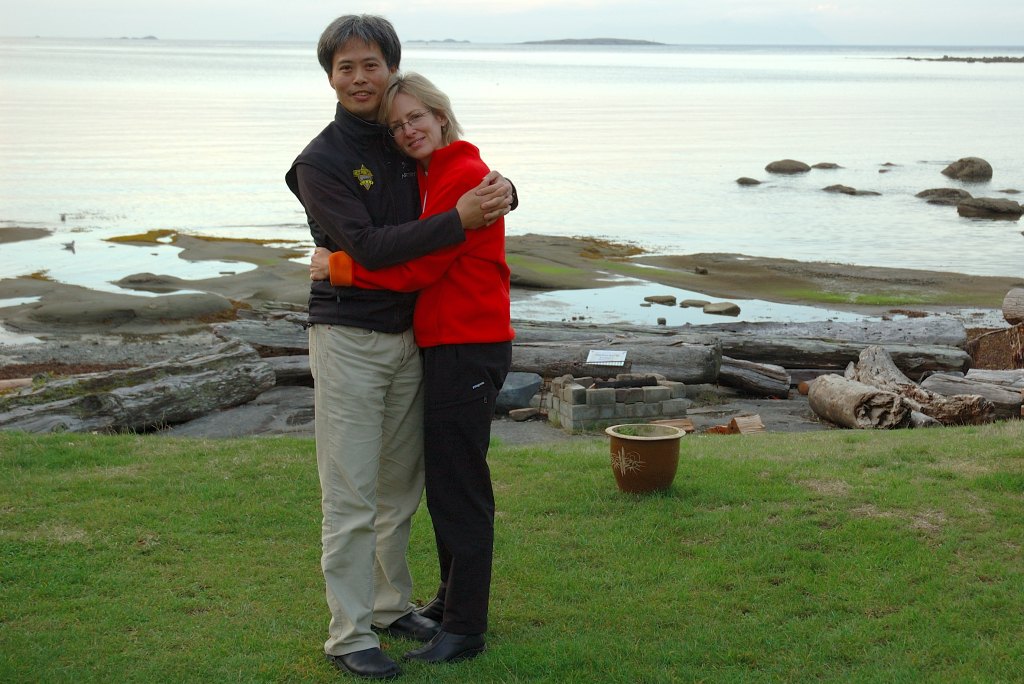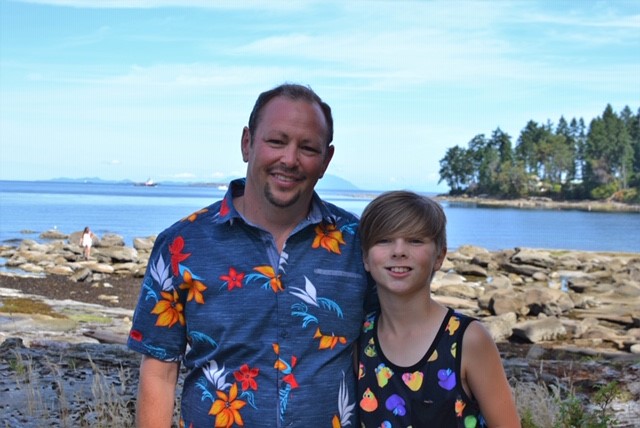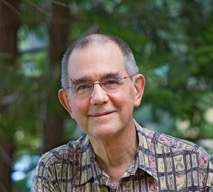Who Comes To Come Alive?
Come Alive leader Toby Macklin describes three kinds of separation or “estrangement” that frequently bring people to Haven programs.
By Toby Macklin
For more than 40 years, people have come to Come Alive with all sorts of life experience, and facing a wide range of challenges. A common theme amongst these many people appears to be what I’ll call a sense of separation or estrangement.
Existentialist theologian Paul Tillich believed this to be a universal human experience. “Existence is separation,” he wrote. “The state of existence is the state of estrangement.”
What did he mean?
Tillich, whose work was an important influence on The Haven’s founders, Ben Wong and Jock McKeen, said this separation or estrangement occurs on three levels. We experience it internally in our relationship with ourselves; externally, in our relationships with one another; and spiritually, in our relationship with what Tillich called the Ground of Being or the Eternal Now – life, nature, energy, God, a sense of greater belonging or purpose.
People often come to The Haven looking for help with problems on at least one of these three related levels. As the testimonials interspersed through this article suggest, they frequently come away having made important shifts and with new experiences.
Internal Challenges
Many people are painfully aware of internal difficulties, stemming in some way from their relationship with themselves. This might be a sense of failure, self-criticism, depression, or anxiety. Perhaps you find yourself unable to make decisions, or you repeatedly make choices that do not serve you well. You may be stuck in an obsessive or addictive rut. You may experience a distrust or dislike of your body, or your thoughts, or your emotions. Or you may find yourself speaking or behaving in ways that don’t fit with what you’re really thinking or feeling.
“For the first time, I felt comfortable in my own skin.” – L.C., Come Alive participant
Relationship Difficulties
Others describe difficult relationships with other people. Perhaps you are lonely or isolated, struggling to find friends, lovers, or community. You may be in crisis in a primary relationship, or bored and unfulfilled, or experiencing conflict with family or at work. Perhaps you have lost a loved one and find it hard to move on with your life. You may have experienced trauma, as an adult or a child, and find it difficult to trust your environment or connect with others.
“I experienced some of the ‘realest’ connections I’ve ever had with other people from all walks of life, and I walked away feeling the most grounded I have ever felt in my life so far.” – Come Alive participant
Spiritual Emptiness
Still others describe a sense of spiritual emptiness, a lack of meaning in their lives, a separation from any greater power or purpose. You may experience hopelessness, or an alienation from the natural world around you. Your life may seem dull and narrow, without wonder, magic, or purpose. You may experience burn-out, fatigue or cynicism in your attempts to help others and make a better world.
“I felt a strong connection to my relatives who have passed on. I had a sense of being cared for, which came with comfort in believing that everything would be OK.” – P.B., Come Alive participant
“A joy and curiosity has returned to my everyday life.” – A.H., Come Alive participant
Very often, people have trouble in all three of these areas. These separations are often most painfully experienced in the aftermath of trauma. Judith Herman, in her seminal book Trauma and Recovery (1997), describes how it can leave lasting marks in all these areas. “Traumatic events,” she writes, “call into question basic human relationships. They breach the attachments of family, friendship, love and community. They shatter the construction of the self that is formed and sustained in relation to others. They undermine the belief systems that give meaning to human experience. They violate the victim’s faith in a natural or divine order and cast the victim into a state of existential crisis.”
I think that many people who come to Come Alive might identify in some way or other with this sense of separation. They may be prompted to come in response to a recent trauma or crisis, or they may have been struggling for a long time to find a better way to live. Come Alive and other core programs at The Haven offer opportunities to begin healing our separations and rifts, whether they are internal, in our relationships with others, or with something greater than ourselves. These opportunities come in many forms. If you’re interested to know more, have a look at our booklet Ideas in Action, a collection of Haven models that describe some of the central themes we explore in our programs. Even if you’ve seen these models before, you might find it interesting to look at them again through this lens of separation, and consider the human potential – and your own potential – for greater integrity and connection.
****************************

Toby Macklin leads Come Alive, Living Alive Phase I, New Horizons: Phase III and the online Come Alive Integration program. He works at the Vancouver Island Counselling Centre for Immigrants and Refugees, and has a private practice in Victoria, BC, focusing on healing and growth in the face of trauma.






